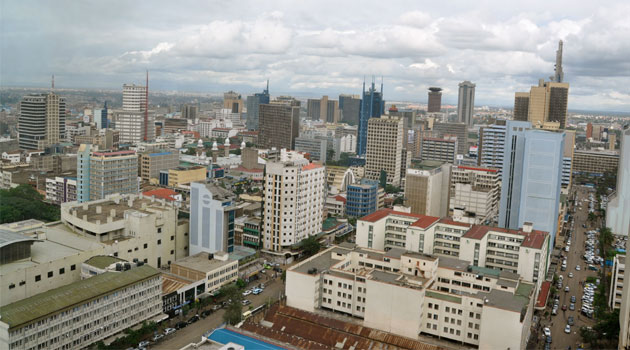NAIROBI, Kenya, Apr 25 – A report by the World Bank has revealed that a lack of planning of urban cities has a ripple effect on the quality of housing, transport and economic productivity of Kenya’s workforce.
According to the study dubbed “the Kenya Urbanization Review report”, it is projected that in the next 15 years, the urban population will move from 24 -65 million globally and further points out that around 27 per cent of Kenyans live in urban areas.
Speaking during the Consultative Forum on National Urban Development Planning Forum in Nairobi, World Bank Practice Manager for Urban Rural and Social Development Department Sameh Naguib noted that walking to work offers only 8 per cent access to jobs in urban cities while using public transport gives people 11 per cent accessibility.
“Inefficient transport systems compromise on workplace productivity. Because of the increased traffic jams in Nairobi, this has an adverse effect on the housing since the workforce has to choose between seeking affordable housing on the periphery or occupying informal settlements closer to the city,” he stated.
He added that devolution of services to the counties also enhanced the growth of urban cities in Kenya.
The World Bank recommended better planning, incentives and effective management to enable the population access these essential services.
On her part, World Bank Country Director Diarietou Gaye noted that Kenya has the opportunity to enhance urban development. She expressed the World Bank’s commitment to reduce poverty and increase quality of living for Kenyans in urban areas.
“One of the challenges we are facing is the growth of informal settlement and lack of clear policy in housing. The prices of land prevent people from having a good place to live as they access their places of work, which are concentrated in urban areas,” she said.
She stated that formal employment in Kenya is declining, while the working population is increasing.
She pointed the formal sector provides 50,000 jobs annually while the informal sector provides 800,000 jobs annually.
The World Bank has partnered with the government in various projects such as The Kenya Municipal project, The National Metropolitan and Transport Improvement projects.
“We must act now to implement this policy, eradicate poverty, and as the government, we are committed to working tirelessly to see these policies being implemented,” he said.




































